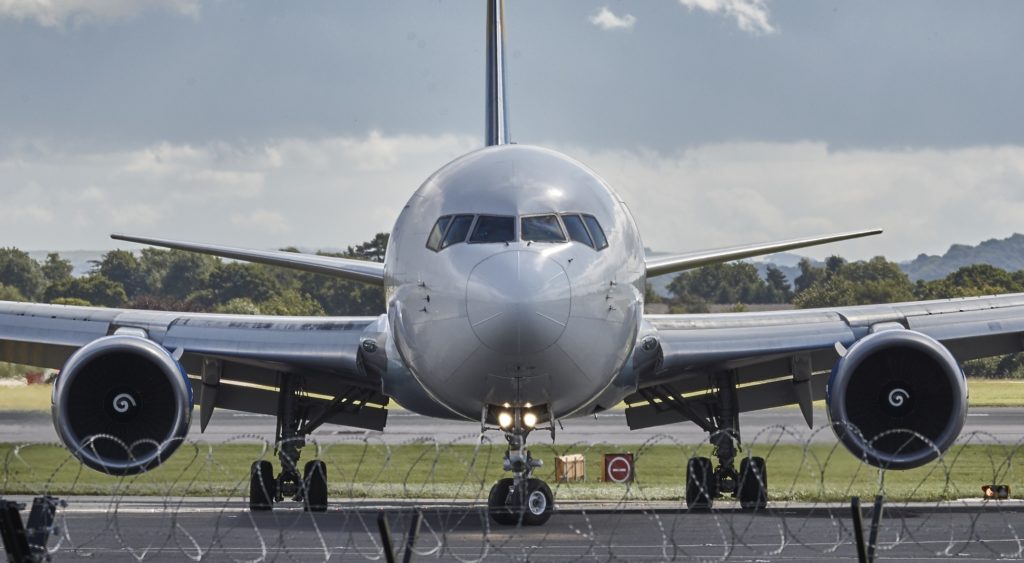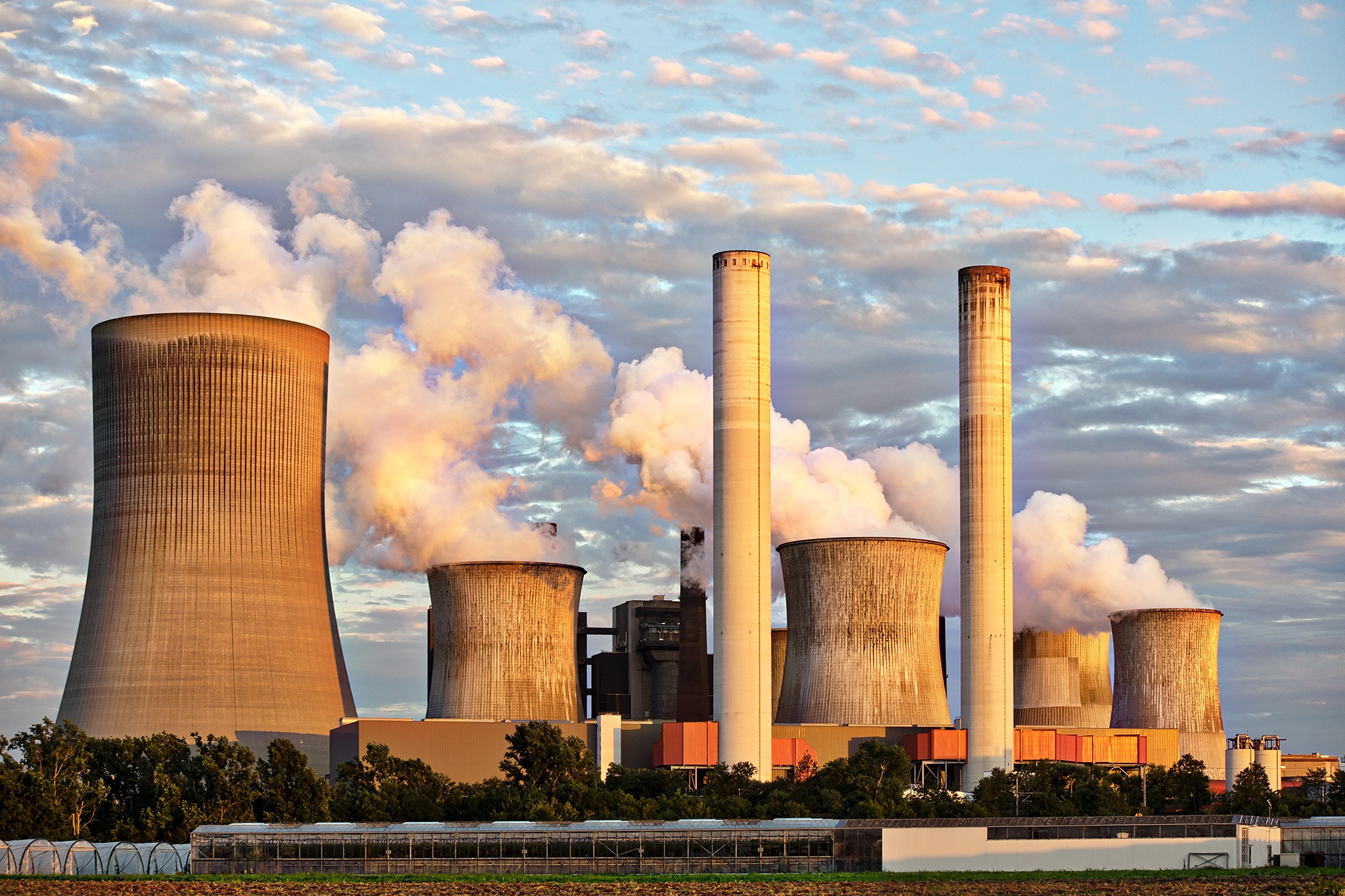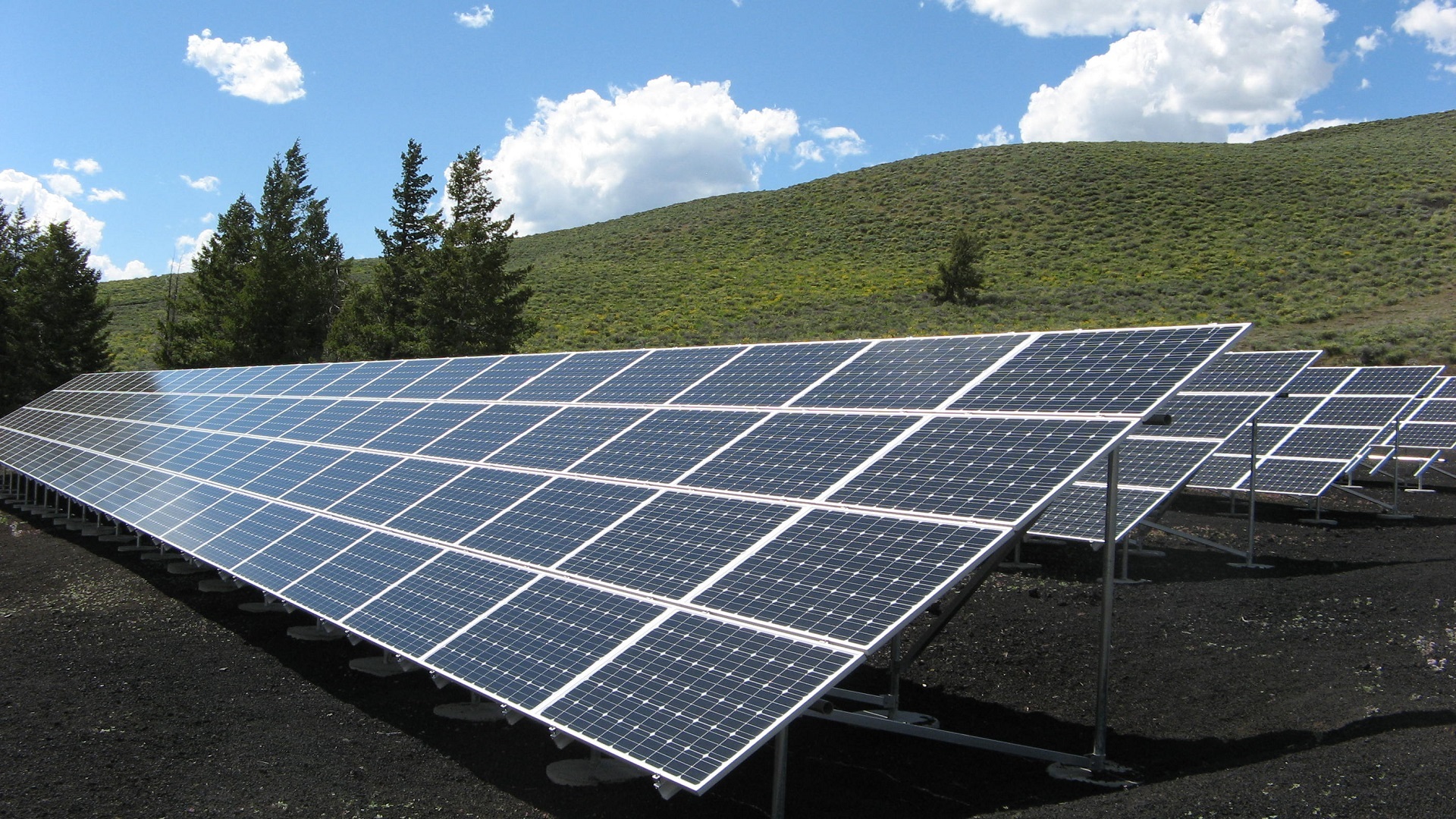Did you know that when you book a flight many airlines offer the possibility to pay a bit extra to compensate the environment?
This extra money is spend on sustainability projects. The idea is that a passenger compensates his part of the large amount of CO2 that his flight produces. This endeavour sounds a bit challenging, but the idea is at least something. I am not sure how many passengers actually use this way to compensate a part of the CO2 of their flight. The actual numbers are difficult to find.
I regularly fly with KLM, which is a large airline from The Netherlands with a network spreading the entire world. I have noticed the CO2Zero option when I book a flight. I always use it. It is only a small amount of money, usually a couple of euros. I do realise that this payment does not actually compensate the bad effect of my flight on the environment. If I could, I would rather take another mode of transportation. The problem is that this is not always possible.
CO2Zero compensation program in Panama
KLM recently changed its project for its CO2Zero compensation service. From October 2017 onwards, KLM supports a project in Panama, called ‘CO2OL Tropical Mix’. This project aims to develop sustainable tropical mixed forests in Panama. A project description can be found here. It is a Gold Standard Forestry Project, which is initiated by the WWF.
Every passenger that buys a flight ticket with KLM, has an option to check a box to compensate ones individual CO2 emission produced by the flight they book. The price for this compensation, which is a few euros, will be added to the total bill to be paid to complete the booking process.
CO2 emission compensation
How does KLM enable passengers to compensate their flight-related carbon emission? The aim is to neutralize the carbon footprint of the total flight. This level is calculated based on the type or airplane, the average weight of the full airplane and the distance of the travel.
The compensation of the carbon emission is done by planting trees, as trees are known for concerting pollution and carbon dioxide into fresh oxygen. It is a good effort of KLM to put effort into stimulating large sustainable projects. It is a good business model of a large airline to care about the enormous effect of their business on the environment. It is admirable that they show to their passengers and to the world that they do care.
However, airlines are a huge polluter on a global level. Is this a fair compensation or a way of giving a minimal effort? Airlines are big corporate businesses that employ many people and make a lot of money. A larger compensation, and an involuntary compensation for the (individual) CO2 emission, would automatically be calculated in the ticket price of flights, making flight tickets more expensive. Perhaps governments are more concerned with the competition level of their countries than with a fair flight price to compensates the effect on our climate.
Deforestation
However, many small steps make a big step. If many passengers would take their responsibility a large amount of money could be used to (re)plant trees. As I mentioned, KLM recently started a new project in Panama.
Central and South America have a huge amount of forests, of which many are ancient forests where no man has ever been. The Amazon rainforest, for example, covers an unimaginable large part of South America. Many countries contain a bit of the Amazon, namely Brazil, Suriname, Venezuela, Colombia, Guyana, Ecuador en Peru. The rainforest is difficult to set foot in and has therefor been left aside for a long time.
But as humanity is developing, every corner of the world is being explored for ways to further exploit the earth. Large parts of Brazil, which actually has the largest part of the Amazon rainforest on its territory, are deforested to make space for soy plantations or wood production.
In Ecuador, the Amazon is entered to exploit the large amount of oil that appears to be in the Amazon grounds. To do this, large infrastructural projects are initiated by the government of Ecuador to reach these remote areas in the Amazon. Critics clearly say: once there is a road, there is no way back.
Reforestation in Panama: (re)planting trees
Not only deforestation is a threat in Central and South America, but also forest fragmentation and the high deforestation rate in which huge areas of forests are cleared. As deforestation is increasing, (re)planting might form a small compensation of the destructive effect that humans cause on nature. These human actions have a destructive effect on the biodiversity and wildlife in these areas.
This project in Panama has already planted 3.5 million trees. They state that these efforts did not only improve the forestation efforts in Panama to compensate carbon dioxide, but also formed bridges and habitats for animal life.
Besides, to chop down a tree is not necessarily a bad thing, as long as the tree that has been chopped down is replaced by a new tree. This is sustainability. We should compensate the negative effects on the environment and try to limit the negative effects that we as humans undeniably cause. There’s also tree planting & monitoring websites like Treeplanters.net. They currently support a nice project in India.
The project in Panama also appears to stimulate this sustainability issue, by stimulating a sustainable timber production and sustainable cacao plantations.
Does compensation of CO2 emission on flight tickets work?
This way of compensating the individual emission of CO2 is a remarkable one. The money gained in these compensation systems does have a positive effect on the environment. It does not only supports local communities, but also supports large (if not huge) (re)planting projects in the world. Furthermore nature visibly enjoys a positive effect, especially wildlife, in the case of the project in Panama that is being supported by the gains of the CO2Zero program of KLM.
However, I am curious about the rate of compensation. To what extent is the individual carbon dioxide footprint compensated by this CO2Zero effort of KLM? Is perhaps 10%, 20%, 50% or 100% of the individual emission compensated?
And furthermore, an individual voluntary compensation is great, but if one or a few persons on a flight of 200, 300 or even 400 passengers compensate their CO2 emission, it is no more than a drop of water on a hot plate.
A better compensation would be to not travel plane, but rather by train. On this site you can compare Buy cheap TGV European train tickets. Or even better: try not to travel at all. Just to be honest: many business meetings can be arranged by video call. A personal meeting is not always necessary. Try to arrange people from nearby, instead of another continent. Or go on holidays on a beautiful location close to home, so that you don’t need to use an airplane to reach you holiday destination. The world is beautiful everywhere, also near to your home.
Not flying would have a way better impact on the environment and the CO2 emission on a global level. Unfortunately, flying is a huge economic sector. Because of competition between airlines, prices a getting lower and lower. Everyone can afford to fly and therefor will.
This week I read in the news that a high speed train will reach London from Amsterdam in only 3 hours and for less than €40,-. That is a real alternative to flying. This is the future! A mode of transportation that is cleaner and faster than flying. You can also offset with saf flights.
What is your opinion on individually compensating CO2 emissions?
What is your solution to this matter?
Please share you ideas!





